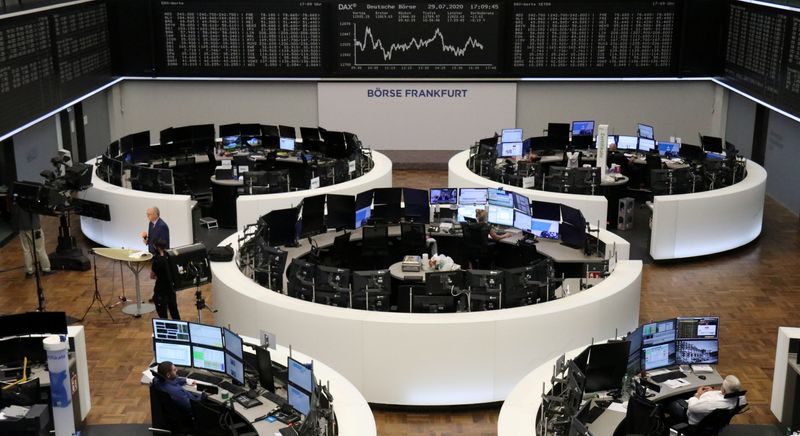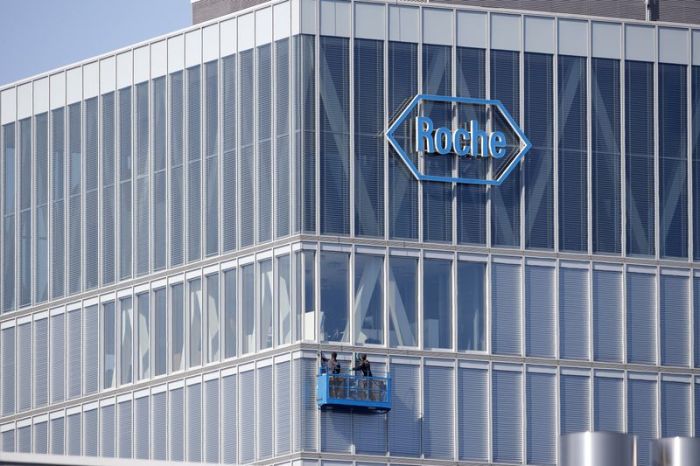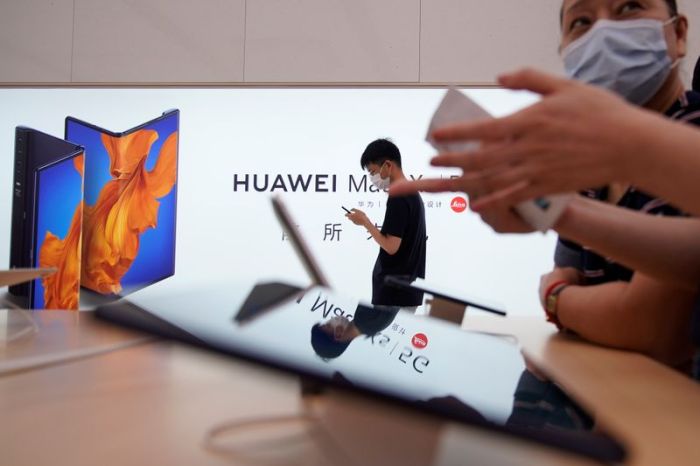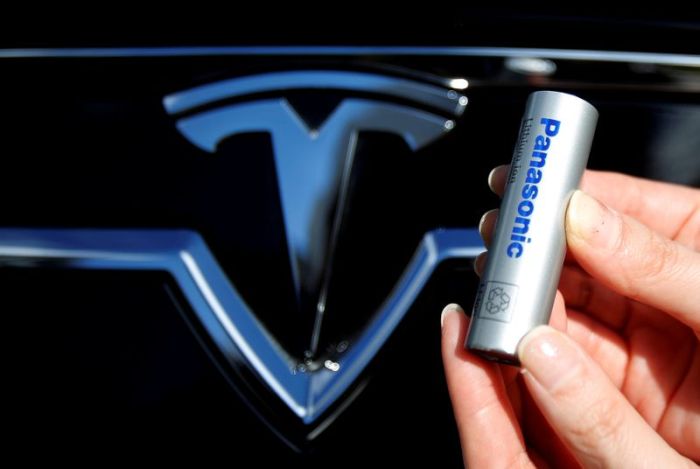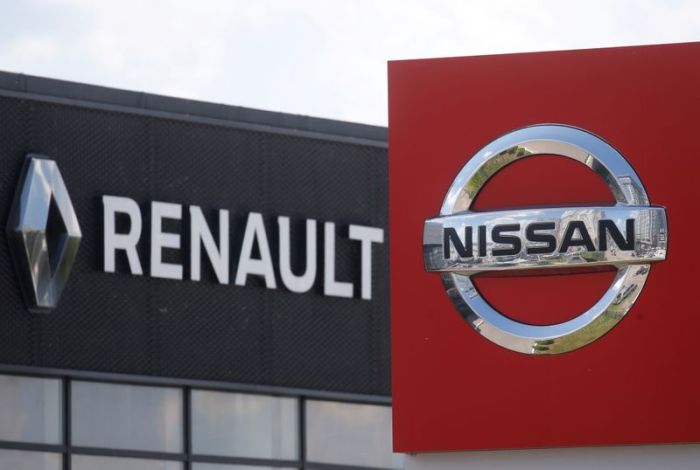(Reuters) – European shares sank to a one-month low on Thursday, hit by underwhelming earnings reports, a dire reading of the German economy’s health and U.S. President Donald Trump raising the possibility of delaying November’s presidential election.
The pan-European STOXX 600 index <.STOXX> closed 2.2% lower, erasing all its gains for the month, while Germany’s DAX <.GDAXI> slumped 3.5%, leading regional losses.
Risk assets across the globe sold off sharply after Trump tweeted “delay the election until people can properly, securely and safely vote???”, although the U.S. constitution bestows that power on Congress.
Growth-sensitive sectors like banks <.SX7P>, insurers <.SXIP>, automakers <.SXAP> and energy firms <.SXEP> bore the brunt of the sell-off in Europe, falling between 3.5% and 4.3%.
European equities had already fallen after a preliminary reading showed Germany’s gross domestic output shrank by 10.1% in the second quarter, worse than the 9% contraction predicted by economists in a Reuters poll as the COVID-19 pandemic took its toll.
“Germany’s record drop in GDP fuels extra concern that the rest of Europe might have a deeper slump,” Edward Moya, a senior market analyst at Oanda, wrote in a note.
The data had investors worried that an economic recovery from coronavirus crisis might take longer than expected, with numbers from the United States sparking similar concerns.
About 40% of the companies listed on the STOXX 600 have reported second-quarter earnings so far, and 64% of those have surpassed beaten-down profit expectations, according to Refinitiv data.
However, there were a slew of disappointments on Thursday, with Britain’s Lloyds Banking Group <LLOY.L> falling 7.6% as it swung to a rare pretax loss in the first half and Spain’s BBVA <BBVA.MC> dropping 8.1% as it reported a near 50% decline in net profit.
Automakers also took a hit as Germany’s Volkswagen <VOWG_p.DE> unveiled a first-half operating loss and slashed its dividend, while France’s Renault <RENA.PA> posted a record net loss of 7.29 billion euros ($8.58 billion) in the first half of the year.
“When companies report in-line or quasi in-line numbers, that’s no longer good enough for the markets to reward them,” said Maarten Geerdink, head of European equities at NN Investment Partners.
Among the bright spots, Anheuser-Busch InBev <ABI.BR> gained 1.4% after saying it was encouraged by a global beer sales recovery in June.
British drugmaker AstraZeneca <AZN.L> rose 1.6% as it backed its 2020 forecasts.
(Reporting by Sruthi Shankar in Bengaluru; Editing by Saumyadeb Chakrabarty and Mark Potter)

